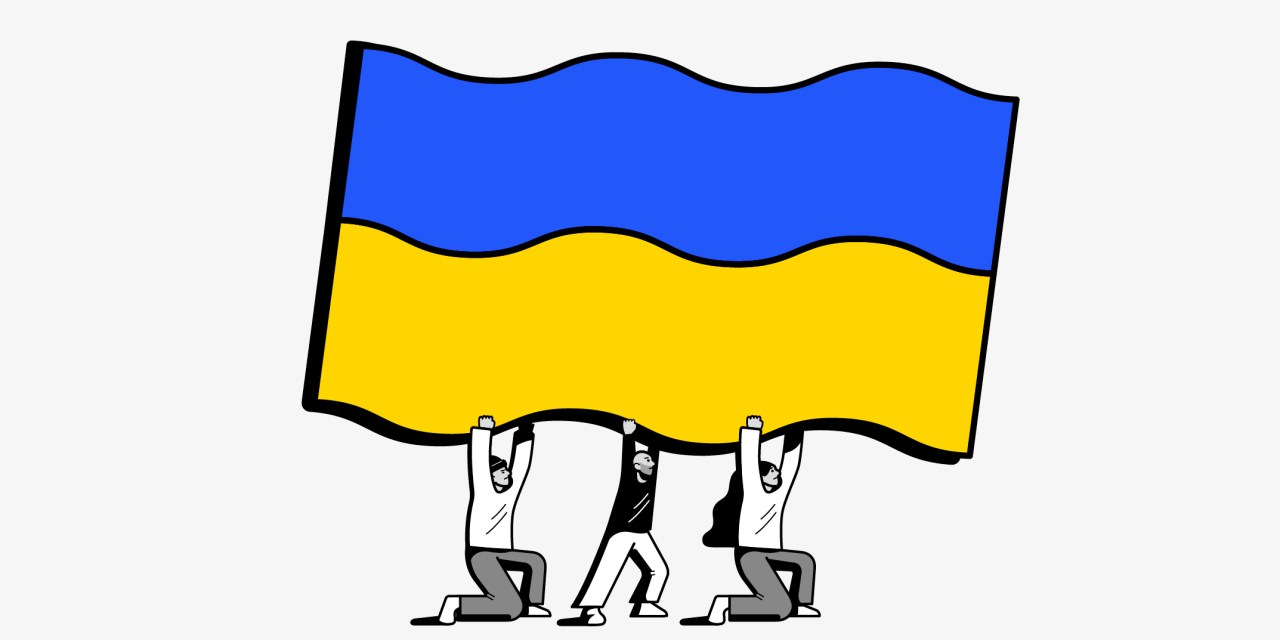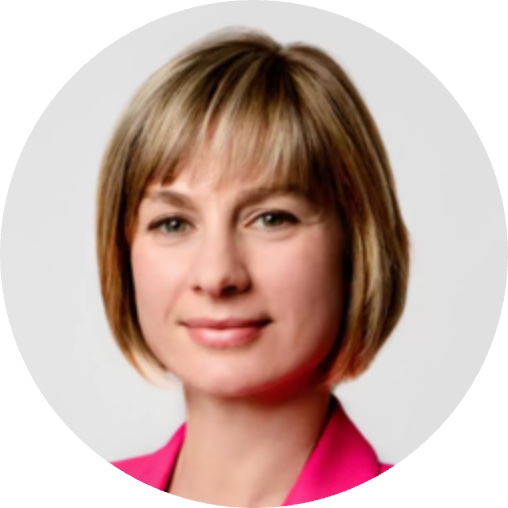‘You have to take a side’: One tech founder’s $100,000 mission to relocate her Russian team

Relocating 41 of its 55 Russian employees and their families since the country invaded Ukraine has cost New York-based web development firm JetRockets over $100,000.
But for CEO and co-founder Natalie Kaminski – herself Russian born – there was no other option but to follow through on this decision, which included her Russian co-founder and senior partner, who left Russia for Georgia on February 26, just three days into the war. They make part of the over 200,000 Russians that have fled the country since the invasion began.
“Once we realized this was a much bigger deal than we could ever imagine, we had two things to consider – one was the continuity of our business in terms of how the world would react and companies deciding they wouldn’t want to do business with anything Russia-related, so we wanted to keep our business intact, because we’ve spent so many years building it,” Kaminski told WorkLife from her Brooklyn home.
“At the same time, we felt we had these people that have become a family and have contributed to the growth of this business. So one obvious decision was to relocate them, as who knows what could happen next. You have to take a side. There’s no gray area.”
JetRockets paid for flights and offered passport and accommodation support to resettle in Georgia or Turkey to its entire Russian team, which prior to the war was largely Russia-based. Kaminski feared her team would be affected by mandatory conscription, or face difficulty receiving payments from the company.
Yet 14 of them decided to stay, bound by family and community ties in their homeland. One has chosen to return for similar reasons. Two others may return to Russia this summer because their partners have struggled to find work, added Kaminski.
But, in doing so, they will no longer be able to work for JetRockets. Kaminski and her leadership team made the difficult decision to let go those employees who chose to stay in or return to Russia, dissolving the company’s Russian entity, and setting up a new one in Georgia, which is a subsidiary of the U.S. one. All ties to Russian suppliers have been cut too.
“It was a very clear decision that we don’t want any of our money to contribute to Russia’s war chest. We’re not a multibillion dollar company, but we pay salaries, and then these people pay tax, and then that tax is used to fuel the government machinery. We cannot associate ourselves with this oppression,” said Kaminski.
“The majority of our employees that left Russia completely understand that, unfortunately, as things stand right now, there is no future there. You can’t raise a family in a country that prohibits free speech,” she added.
The relationship between employer and employee has become more intertwined since the pandemic, prompting the benefits landscape to explode, and for the boundaries that define appropriate employer intervention into crises to be redrawn. For Kaminski, it’s part of the “emotional labor” that leaders take on, like it or not.
“As employers, we take certain responsibility for our workforce. We have to go above and beyond just the thought that, ‘I’m paying your paycheck – you figure out your life.’ So we’re trying to be there every step of the way, as much as we can,” said Kaminski. That has included recommending realtors, helping choose new schools and childcare facilities, and even supporting with intel on where to buy home and personal items in an unfamiliar country.
Kaminski is now focused on hiring Ukrainians where possible, offering a lifeline to those still in the country whose employment opportunities have been diminished. Kaminski herself spent about seven years growing up there before immigrating to Israel, and feels a stronger affinity for Ukraine than her native Russia. She has been in the U.S. for 24 years, arriving when she was 18 years old, using her ambition and resilience to forge an enviable career in tech, having co-founded three other businesses.
“I speak Russian, but it doesn’t make me Russian. I was born in Russia, but working with so many Russians, I know how different we are culturally, in our way of life, in our way of looking at things,” Kaminski said.
Defying “Ukraine-fatigue” is also important to Kaminski, as the news cycle has moved onto other crises such as abortion rights in the U.S., political instability in Sri Lanka, and the rising cost of living accelerating globally.
“Keeping Ukraine in the news is so important. The news cycle is crazy, but it’s important to keep talking about what’s happening there,” said Kaminski.

